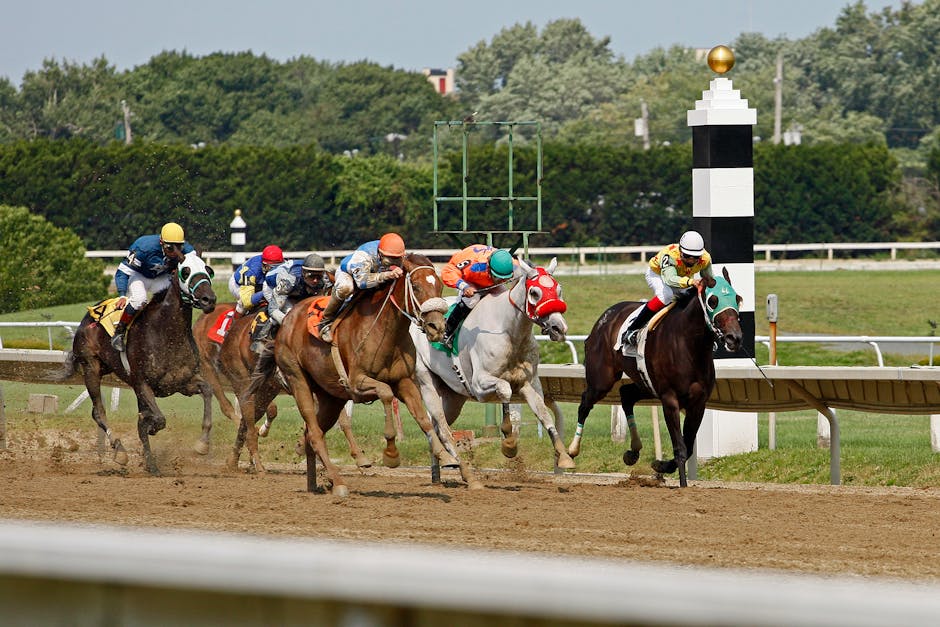Introduction
Online abuse linked to sports betting saw a significant decrease during the 2025 NCAA men’s and women’s basketball tournaments, as per data from the NCAA. This development highlights the effectiveness of efforts to monitor, deter, and respond to online harassment amidst the expansion of legal sports betting across the country.
Key Findings on Sports Betting Abuse
- Decrease in Player Abuse: Athletes experienced a reduction in abuse, from 42% in 2024 to 15% in 2025.
- Betting-Related Abuse: There was a 23% overall decrease in betting-related abuse, with a more pronounced decline in the women’s tournaments.
- Men vs. Women: Abuse in women’s tournament decreased by 83%, while the men’s tournament saw a 140% increase in general harassment but a 36% decrease in betting-related abuse.
Efforts to Combat Online Harassment
NCAA’s Campaigns and Partnerships
The NCAA introduced the “Don’t Be a Loser” campaign during the tournaments, urging fans to refrain from abusing players, coaches, and officials. This initiative is part of a larger “Draw the Line” effort, which includes integrity partnerships and betting harm education programs.
Monitoring and Enforcement
- Data Analysis: Over one million public comments were analyzed by Signify Group, identifying more than 3,000 as abusive or threatening.
- Protective Measures: The NCAA and Signify Group worked together to protect individuals from harm, including athletes like Mississippi State’s Chandler Prater.
- Expansion of Oversight: In April, the NCAA and Genius Sports extended their data licensing agreement through 2032, introducing new restrictions for bets at high risk of abuse or manipulation.
Increased Harassment of Coaches and Officials
Despite the decrease in player-targeted abuse, coaches, referees, and administrators faced a surge of harassment, especially concerning officiating decisions and team selections. This indicates a shift in the focus of online vitriol.
Broader Impact and Future Plans
- Widespread Issue: Roughly one-third of high-profile college athletes have received harassing messages from bettors.
- Investigations: Schools like Iowa, Eastern Michigan, and Temple are under investigation for betting violations.
- FanDuel Incident: A bettor was banned for publicly heckling Olympic gold medalist Gabby Thomas before a race.
The NCAA aims to expand protections, such as automated DM screening, to further safeguard athletes and associated personnel from online abuse.
FAQs
What caused the decrease in sports betting abuse during the NCAA tournaments?
The decrease can be attributed to the NCAA’s targeted campaigns like “Don’t Be a Loser” and partnerships for betting harm education, alongside active monitoring and enforcement measures.
How did the abuse rates change for men’s and women’s tournaments?
While both tournaments saw a decrease in betting-related abuse, the men’s tournaments experienced an overall increase in harassment, contrasting with a significant decrease in the women’s tournaments.
What future plans does the NCAA have to combat online harassment?
The NCAA plans to continue its partnership with Signify for abuse monitoring and is looking to introduce new measures, such as automated DM screening, to protect individuals from online harassment.
Conclusion
The 2025 NCAA men’s and women’s basketball tournaments experienced a noteworthy decrease in online abuse related to sports betting, signaling progress in the fight against online harassment. Through comprehensive efforts including educational campaigns, monitoring, and strict enforcement, the NCAA demonstrates its commitment to ensuring a safer environment for athletes, coaches, and officials. As the landscape of legal sports betting continues to evolve, such initiatives will remain crucial in mitigating the negative impacts of online abuse in collegiate sports.










Leave a Reply